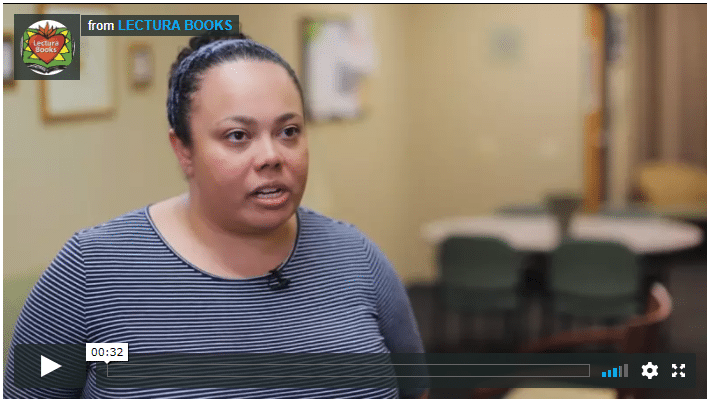ELL Essentials: Language and Vocabulary Instruction 
Vocabulary knowledge is so important for success in language, particularly in reading, says a well-researched journal article addressing ELL essentials, language and vocabulary instruction. Students aren’t able to understand what they read without understanding what the majority of the words mean. Plenty of research over the years has confirmed the essential role that vocabulary plays in students’ overall academic success and in reading comprehension, the journal article states.
Even though this is known, there’s still a big vocabulary learning gap between students who live in poverty and those from economically-advantaged backgrounds. Given the pivotal role of vocabulary, it’s surprising that little class time is given to vocabulary instruction in many classrooms, it says.
For English learners (ELs), the journal article states that along with the need to know vocabulary, instruction also must address the special challenges that they face. For instance, idioms and other non-literal language are often challenging for ELs. To learn them well, they need to be given a variety of explicit strategy instruction to help them in interpreting non-literal language.
Academic language also presents another challenge for English learners. One researcher in the article says that it’s not unusual to take around five years for ELs to bridge the gap in academic English between themselves and their English-speaking peers. Therefore, it’s imperative to focus instruction on academic English as well.
Besides these challenges for ELs, data in the field shows that they will need to learn 50,000 words by high school graduation, says the Teaching Channel. So that’s the challenge English learners have to contend with if they want to catch up to their native English-speaking classmates. If a student begins school as a kindergartner, that’s almost 4,000 new words a year!
Some research indicates that in order for teachers to help ELs develop their vocabulary knowledge that they also need some knowledge of the primary language, especially if there’s no clear word for the concept in the English learner’s native language or the concepts being taught are difficult, says an article on the Reading Rockets website. To help tackle this issue, this is where organizations like The Latino Family Literacy Project play a critical role. Through its family outreach programs, which educate and guide parents in establishing an at-home reading routine using bilingual books, it piggy-backs on the idea that the parent is a child’s first teacher. In fact, most studies show that a regular reading routine is one of the best ways to build language and vocabulary.
To train teachers and staff for its age-specific literacy and college awareness programs, The Latino Family Literacy Project offers general in-person workshops, in-person workshops specifically for your district or webinars with no out of classroom fees. Graduates from the program say it doesn’t matter which program is chosen as they are all informative and so much fun, too! For more information, please visit The Latino Family Literacy Project.
